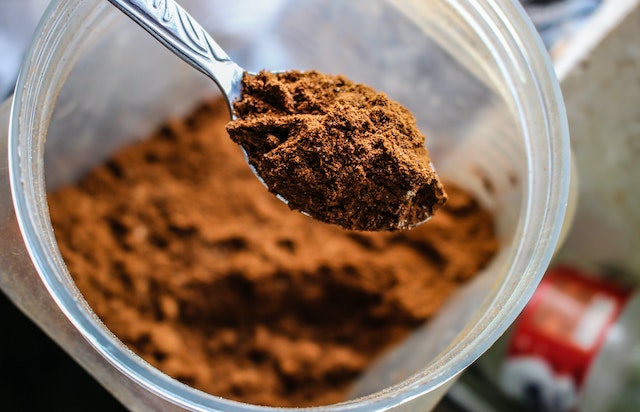In the world of fitness and nutrition, few topics generate as much controversy and confusion as protein powders. From gym enthusiasts to professional athletes, many rely on these supplements for muscle growth, recovery, and overall health. But with popularity comes misinformation, and myths about protein powders have become as widespread as the products themselves.
Let’s debunk some of the most common misconceptions and separate fact from fiction.
Myth: All Protein Powders Are Created Equal
Fact: Protein powders come in various types, qualities, and sources.
Not all are created equal. For example, whey protein is one of the most popular sources and is derived from milk. There are different types of whey protein, such as concentrate, isolate, and hydrolysate, each with its characteristics.
While whey concentrate retains more of the beneficial nutrients found in whole whey, it also contains more fats and carbohydrates. On the other hand, whey isolate, like the AllMax isoflex protein, has a higher protein content and is processed to remove fat and lactose, making it a favorite for those with lactose intolerance.
Myth: Protein Powders Will Make You Bulky
Fact: Protein alone doesn’t make you “bulky.”
Putting on muscle mass requires a combination of consistent strength training and a caloric surplus. Protein powders can be an effective way to supplement your protein intake, ensuring muscle repair and growth.
But unless you’re lifting heavy weights and consuming more calories than you burn, merely adding protein powder to your diet won’t result in significant muscle gain.
Myth: More Protein Is Always Better
Fact: While protein is vital for muscle repair and growth, there is a limit to how much your body can utilize.
Consuming excessively high amounts of protein doesn’t automatically result in more muscle. The body can only synthesize a certain amount of protein at a time, and the excess is converted to energy or stored as fat. It’s essential to strike a balance and consume an amount that complements your activity level and goals.
Myth: Plant-Based Protein Powders Are Inferior To Animal-Based Sources
Fact: While it’s true that some plant-based protein sources might not provide all the essential amino acids in the same amounts as animal-based proteins, this doesn’t make them inferior.
By combining different plant-based sources, you can obtain a complete amino acid profile. Moreover, plant-based proteins come with additional nutrients and benefits, such as fiber and antioxidants, making them a healthy choice for many.
Myth: You Can Only Absorb 20-25 Grams Of Protein Per Meal
Fact: The idea that the body can only absorb a specific amount of protein in one sitting is a misconception.
While there is a limit to how much protein the body can use for muscle synthesis at a time, the body can absorb and utilize more than 20-25 grams per meal, depending on various factors like individual needs, the type of protein consumed, and accompanying nutrients.
Myth: Protein Powders Are A Substitute For Real Food
Fact: While protein powders can be a convenient way to increase protein intake, especially post-workout, they should not replace whole foods entirely.
Whole food sources of protein, such as meat, fish, eggs, and legumes, come with a host of other nutrients, including vitamins, minerals, and beneficial fats. It’s always best to prioritize real foods and use protein powders as a supplementary source when necessary.
Myth: Protein Powders Damage The Kidneys
Fact: For people with healthy kidneys, consuming dietary protein, including from powders, is generally safe.
The myth stems from the fact that individuals with existing kidney diseases are often advised to limit protein intake. However, for the average person without kidney issues, there’s no conclusive evidence suggesting that regular protein powder consumption is harmful to the kidneys.
Conclusion
Protein powders have become an integral part of many fitness regimens, and understanding their true benefits and potential pitfalls is crucial. While they offer convenience and can help meet increased protein needs, it’s essential to choose high-quality products and use them judiciously.
Remember, supplements are meant to fill gaps in your diet, not replace real food. Always consult with a nutritionist or health professional to find what works best for your specific needs. Above all, don’t be swayed by myths. Arm yourself with knowledge, and make informed decisions for your health and fitness journey.





